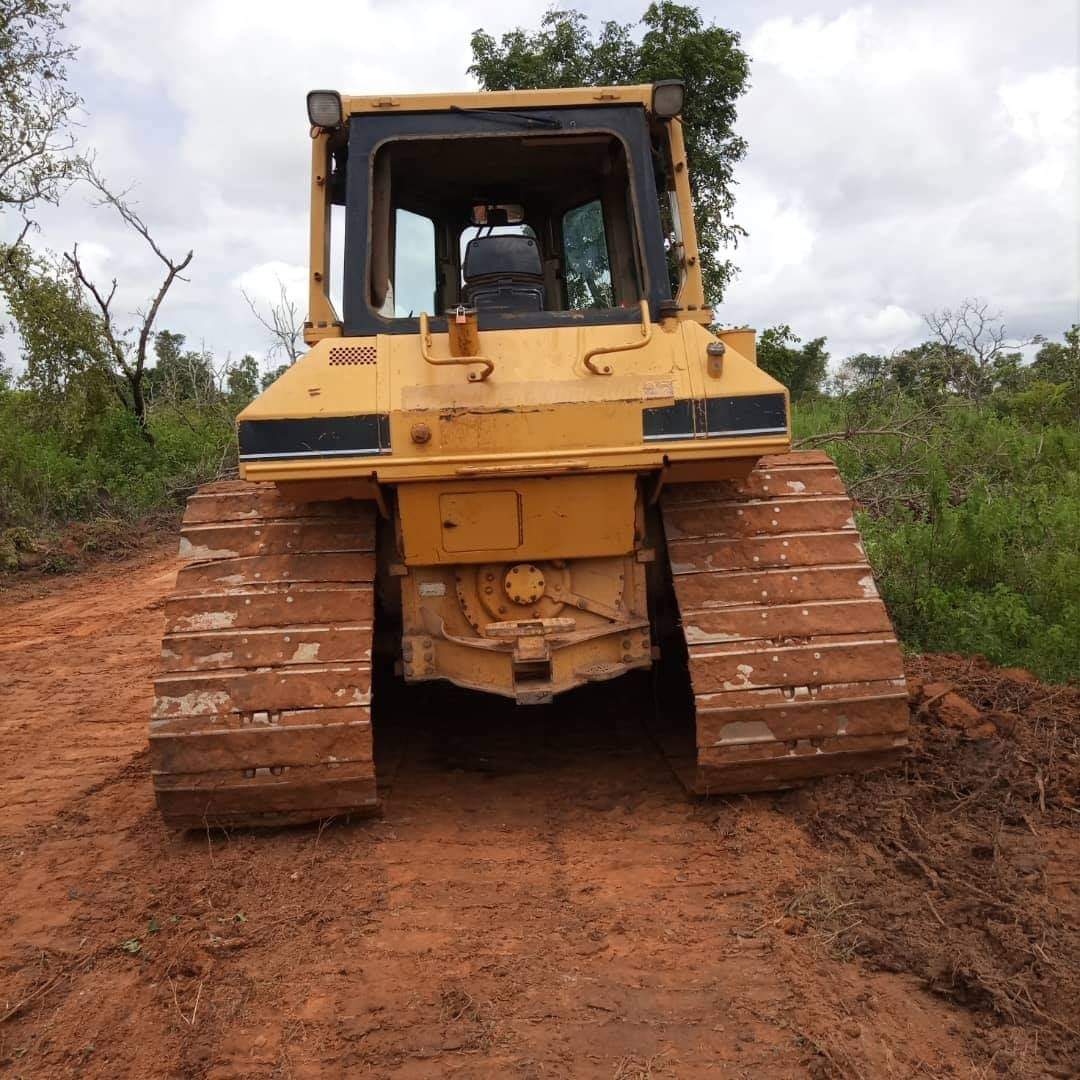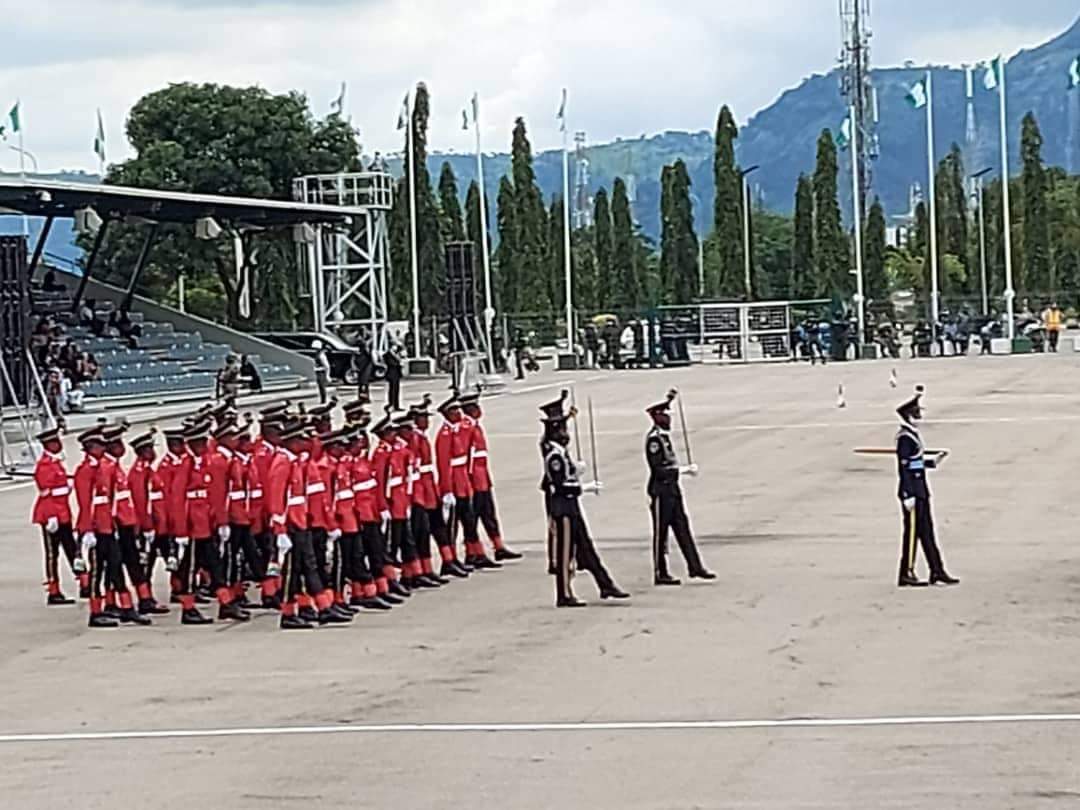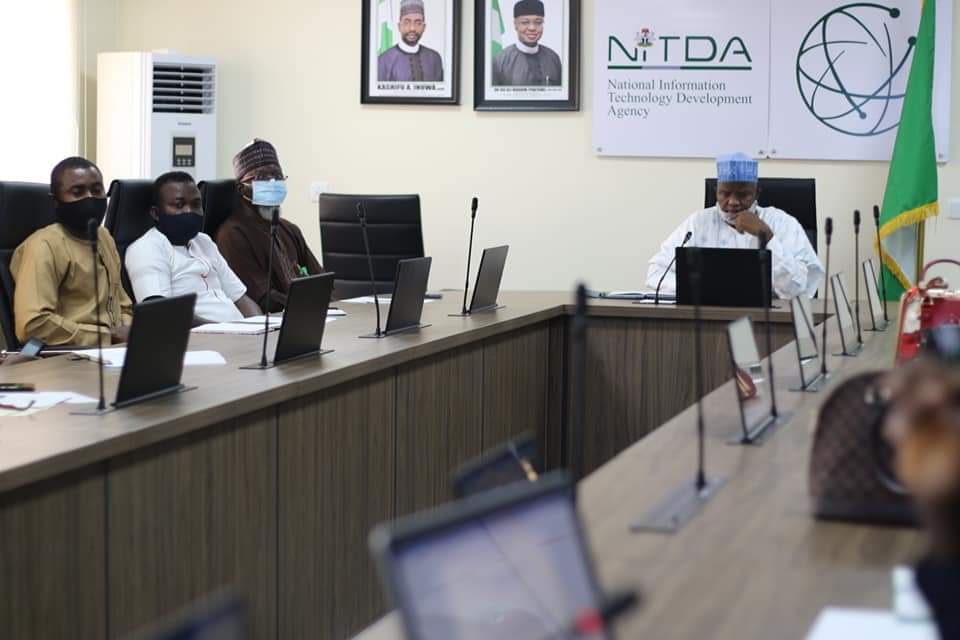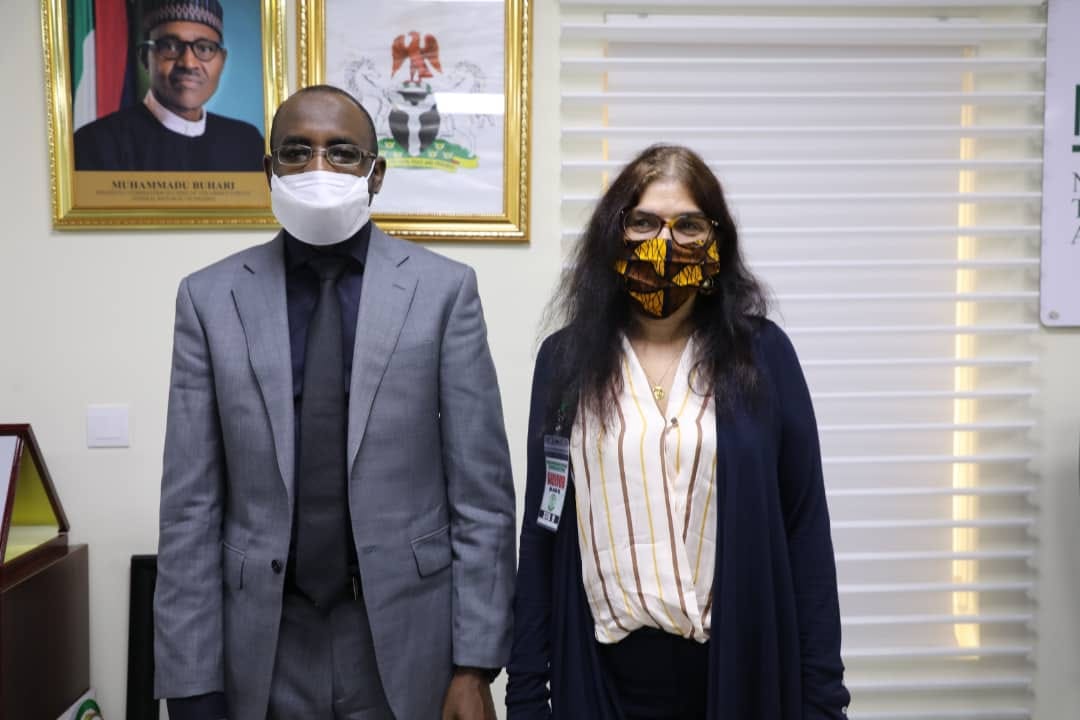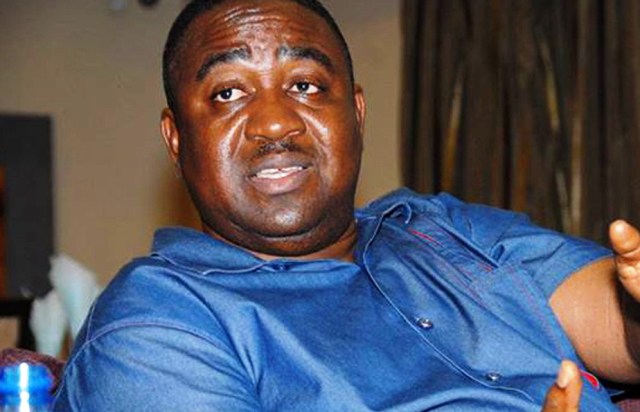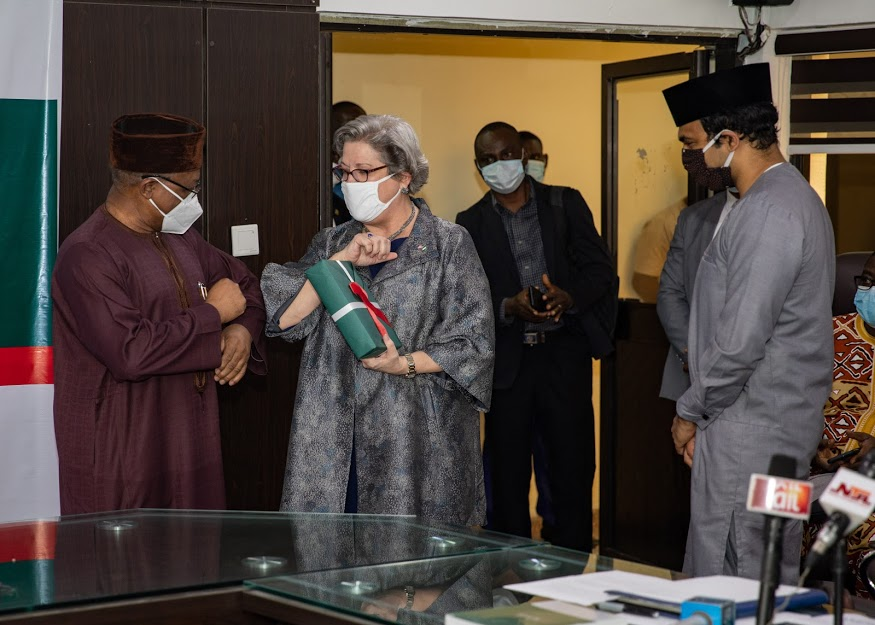Three years ago, brothers James and Hugo Hill identified a growing demand for complex insurance products required by energy companies and other ‘Special Risk’ businesses in Africa, a continent historically underserved by international insurers located thousands of miles from the projects they were underwriting.
TRM Risk Management (TRM) (https://TRM.co.za) is a pan-African risk advisory business that specializes in advising energy clients and placing insurance policies for the largest and most complex risks on the continent. The Hills’ 25 years of combined insurance Broking & Underwriting experience in London, Singapore and South Africa brings a uniquely broad range of solutions to even the most complex of risks.
Since its inception in 2017, the company has specialized in advising on operational and energy construction risks for state-owned utilities, private power producers and independent E&P companies in over 15 African countries, with the energy sector comprising 70% of its business (the other 30% comes from other ‘special risk’ lines, including marine and aviation).
“TRM is an independent, client-first organization and we are simplifying the Insurance buying process for customers in Africa. Our values are aligned to our clients’ values and we use our deep-rooted knowledge of Africa and the international broking community, along with our own relationships with underwriters, to make sure our clients get the best possible access to the market. Our risk advisory model is tried and tested over the last three years, and this is why we have grown so quickly as an organization, as clients are viewing us as Africa’s premier risk advisor. The more we grow as an organization, the more we can leverage our portfolio for our customers,” says James Hill, Chief Operating Officer, speaking to a portfolio that now exceeds $100 million in insurance premiums.
“We have a growing portfolio of oil, gas and power business. From our experience of mitigating clients’ exposures across the entire energy value chain, we are able to identify the right broking partner for any given risk, to the benefit of our customers” adds Hugo Hill, Managing Director.
While TRM maintains its focus on West African markets – Nigeria, Ghana, Ivory Coast, Senegal and Cameroon, to name a few – the Central, East and Southern African regions have become a growing priority for the firm in the last 18 months.
TRM is a pan-African risk advisory business that specializes in advising energy clients and placing insurance policies for the largest and most complex risks on the continent
Earlier this year, emerging natural gas producer Renergen (www.Renergen.co.za) approached TRM to handle insurances for its Virginia gas project – the first project of its kind in South Africa to produce helium and liquefied natural gas locally for domestic use. While the existing domestic insurance market was not familiar with exposures typically generated by upstream oil and gas risk, TRM was able to provide bespoke Marine Cargo, Delay in Start-Up, Construction and Professional Indemnity insurance solutions, utilizing its prior experience handling insurances in African oil and gas-producing countries.
“TRM has a wealth of experience in providing energy construction insurance in Africa, as well as operational insurance,” says Nick Mitchell, Renergen’s Chief Operating Officer.
In the midst of an international brokering community that is seeing increasingly frequent mergers and acquisitions, TRM stands apart from the crowd with a fiercely independent, client-focused approach – analyzing broker performance across each business line and handpicking brokers for each specific risk.
“We have witnessed increased levels of M&A activity amongst the insurance brokers and we expect to see further consolidation. What has become apparent during periods of merger activity is that the brokers become more focused on the reshuffling of their own organizations as opposed to spending time concentrating on clients,” says James Hill. “This has worked out well for us as we remain totally independent, sitting firmly on the side of the client at all times, with our attention firmly fixed on the client’s needs.”
In Nigeria, leading independent Atlas Petroleum (https://Atlas-oranto.com) solicited the help of TRM to assess whether its current African Insurance program was fit for purpose given the company’s exposure. Atlas/Oranto is Nigeria’s largest privately held, Africa-focused exploration and production group. Atlas International and its sister company Oranto Petroleum have an extensive footprint across the African continent, holding 22 oil and gas licenses in 23 jurisdictions.
“TRM assisted in providing a more cost effective and bespoke energy package solution for our Nigerian client, which fully complied with Nigerian local content regulation – broader cover at lower cost,” said Sebastian Wagner, Chief Executive Officer of DMWA Resources.
“Insurance commentators are suggesting that the COVID-19 impact will be a $100 billion event for the insurance industry,” says James Hill. “What we have, in effect, is the perfect storm, where the market was already bottoming out on rates and starting to enter a hardening state with rates increasing. COVID-19 has caused an acceleration and amplification of the rate corrections and we are seeing significant rate increases across the entire market. Some customers are being hit worse than others depending on in which sector the risk falls. For example, upstream rates are not as severe (yet), but the market may only require one more big loss before that market follows the downstream market, which is seeing significant rate increases of over 20%.”
“We, in conjunction with our broking partners, access insurers globally – whether it is Lloyd’s of London, the Middle East or Asia, as long as there is an appetite for African energy risks,” says Hugo Hill. “We believe now more than ever it is vital for any customer in Africa to ensure that they are accessing the global market to trigger as much competition amongst insurers as possible.”
“Wherever we can involve and support local African or regional insurers, we do,” says James Hill. “Sometimes it’s the international underwriters who will have larger capacities, but those underwriters on the ground in Africa have a better understanding of the risk – we blend local and international expertise to deliver optimum solutions for our clients.”
‘’Local content development has an important role to play in Africa, especially with regards to capacity building. The best example of this is Nigeria, where the Nigerians have fought hard to develop a strong and robust local insurance market, particularly in the oil and gas arena,” says Hugo Hill. “Insurance companies in-territory are closer to their clients than international insurers and often have a better understanding of the associated risks. It will be great if the new and emerging oil and gas markets in Africa can follow suit.”
While the global insurance market continues to correct, TRM remains optimistic in its long-term outlook for the African insurance sector – an industry closely linked with economic growth, operating on a continent home to the fastest-growing economies globally.
By Grace Goodrich





